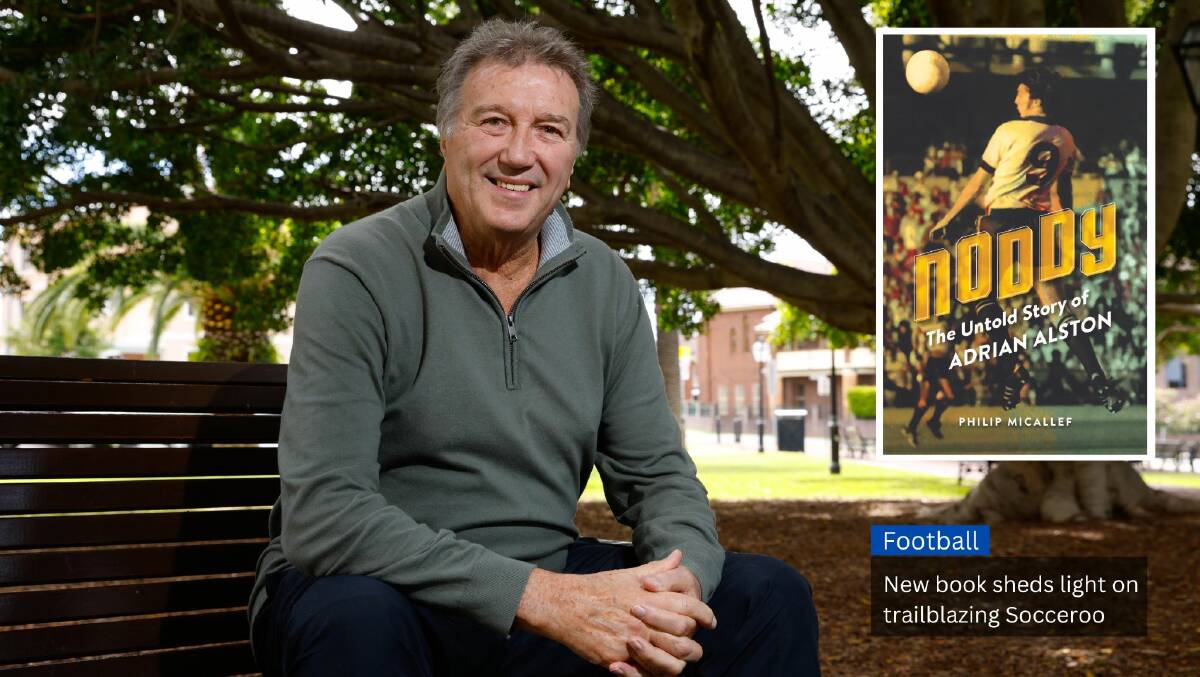
Football in Australia is now thriving, with the Socceroos and Matildas regularly making their mark on the World Cup stage.
Subscribe now for unlimited access.
or signup to continue reading
But the beautiful game managed to reach these heights here thanks in no small part to a semi-professional team that defied all the odds to become the first Australian side to reach the 1974 World Cup finals.
Well-known Wollongong football identity Adrian Alston was a key member of that side.
Now a book has been written by former Illawarra Mercury journalist and author Philip Micallef about the man more commonly referred to as Noddy.
Noddy: the untold story of Adrian Alston is a tell-all account of the flamboyant striker who lit up the local football scene after moving from England to Australia in the late 1960s.
The book will be released in November to coincide with the 50th anniversary of Australia's defeat of South Korea that gave the Socceroos the right to play in their first ever World Cup.
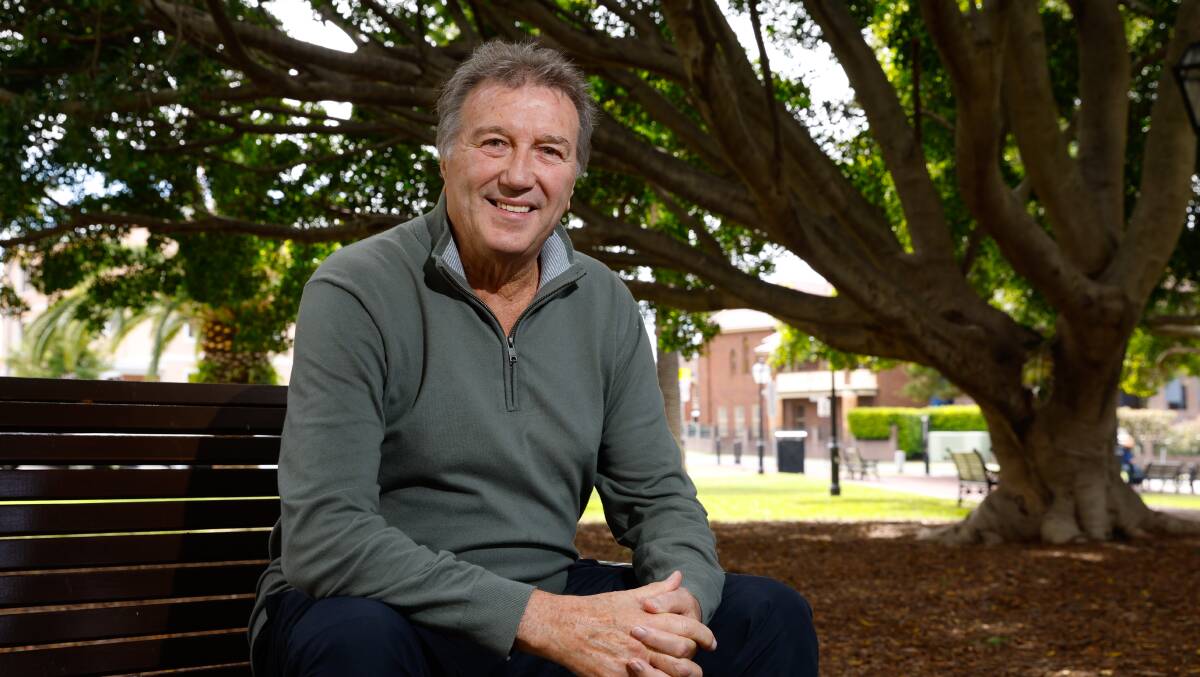
The Mercury spoke to Horsley resident Alston about the book, which touches on all aspects of his life including post-football where he has devoted his life to the special needs of intellectually disabled people.
Here in the Illawarra, Alston has also enjoyed a lot of success as a coach, including two spells with the Wollongong Wolves (1983 and 2004-05).
But it was with Illawarra Premier League outfit Port Kembla where Noddy truly excelled as a coach, winning 26 trophies including five league titles, seven Grand Finals, and two Bert Bampton Cups.
Alston left Port Kembla at the end of 2004 after securing his fourth League and Cup double.
The 74-year-old still works for the Disability Trust, a job he says gives him as much satisfaction as when he used to bang in the goals for club and country.
The English-born Alston banged in 17 goals for Australia in the 62 games he played for his adopted country from 1969 to 1977.
Though when Alston migrated to Australia from Preston as a raw teenager to play football for South Coast United he never imagined he would go on to play for the Socceroos and go on to call Australia home.
In fact the 19-year-old at the time told his then fiancee and now wife Doreen that he would come to Australia for one season and then return home to England.
"After about three weeks of being here I sent her a letter saying she had to come and see the country for herself," Alston said.
"We organised for her to come over and we got married quick smart. And before we knew it, I was picked for New South Wales and then Australia.
"She didn't see her family for about six years."
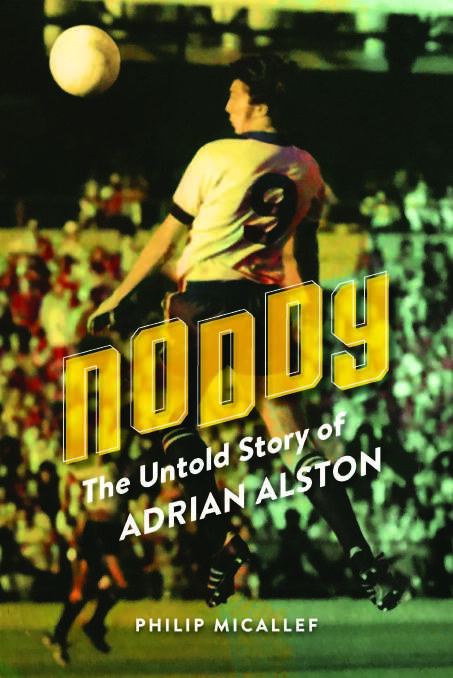
Alston began his career as a youth player with Preston North End before enjoying a brief spell at non-league outfit Fleetwood.
It was while playing for Fleetwood that he was introduced to their coach Jimmy Kelly, who liked what he saw of Alston and asked him to join him in Australia and play for South Coast United.
"I just wanted to play football so I agreed," Alston said.
"They offered me 30 pounds a week and I was on five pounds a week at the time so I agreed.
"Jimmy said the grounds in Australia would suit me and I'd go on to play for Australia. I thought he was having a laugh but I'm so glad he was proven right."
Alston arrived in Australia on January 28, 1968.
It took little time for the gun striker to establish himself as a prolific scorer in the NSW championship with South Coast United and St George.
By the time the 1974 World Cup came around, Alston was seen as a key member of coach Rale Rasic's squad of part-timers and semi-professionals.
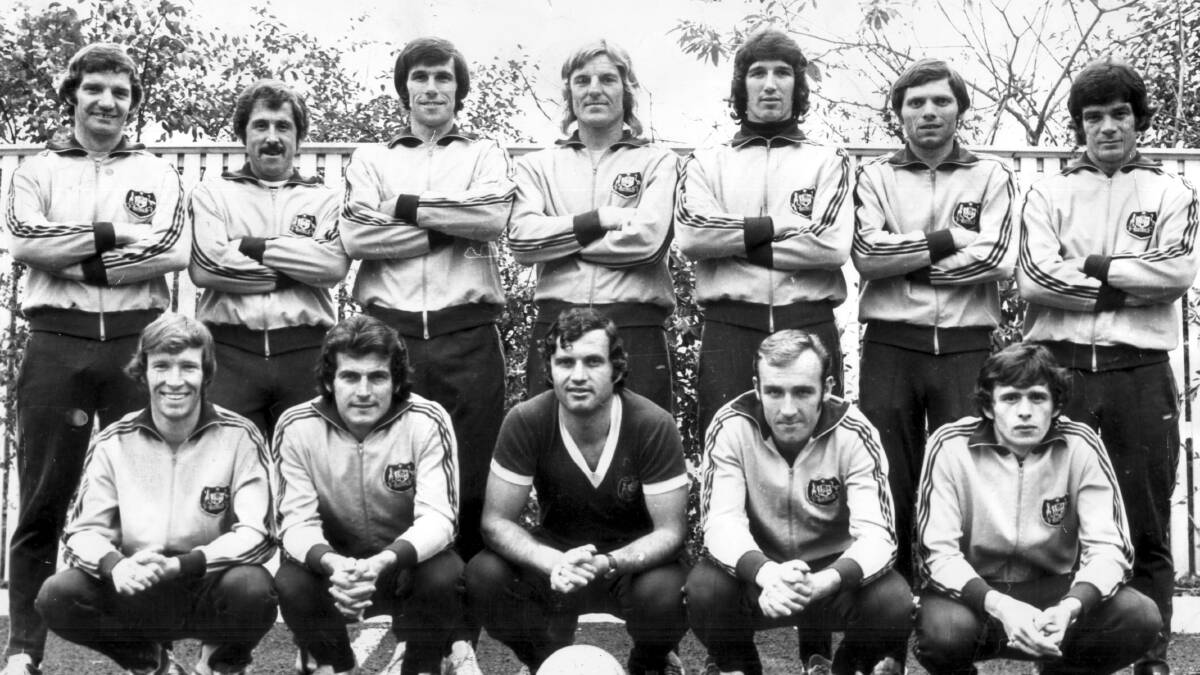
Alston's performances in the 16-team finals in West Germany caught the eye of several European clubs and soon after the event he became an English first division player (equivalent to today's Premier League) when he signed for Luton Town.
He also had spells with Cardiff City and Tampa Bay Rowdies before a serious injury effectively ended his career during his prime.
The book traces Alston's journey from his early days growing up in Preston in England, to his first taste of playing football in Australia's conditions, the shock he got when called up to play for Australia, the day he outsmarted Peter Wilson to nab Franz Beckenbauer's jersey, when he was told by a London specialist that his career was over, and his important work with the intellectually disadvantaged for the past 40 years.
Alston was full of praise for his team-mates in green and gold who overcame considerable odds to qualify for the 1974 World Cup in West Germany.
"I was thrilled by the prospect of having a book written about me and am privileged that Philip (Micallef) asked me," he said.
"I feel the book is symbolic of the achievements of an incredible bunch of players, some of whom unfortunately have left us."
Alston said representing his country was undoubtedly his career highlight.
"The highlights professionally would obviously be playing for Australia. You can't compare playing international football and I don't care which league it is," he said.
"I played in the highest league in England at the time when I signed for Luton Town after the World Cup.
"Later on I went to Cardiff City in Wales, which was a wonderful experience. I played in the European Cup Winners Cup with them.
"I played in different European countries. I also got transferred to America and obviously played against the best in the world with LA, you know, George Best, Beckenbauer and on and on. The American league was big at the time and they signed all the big stars."
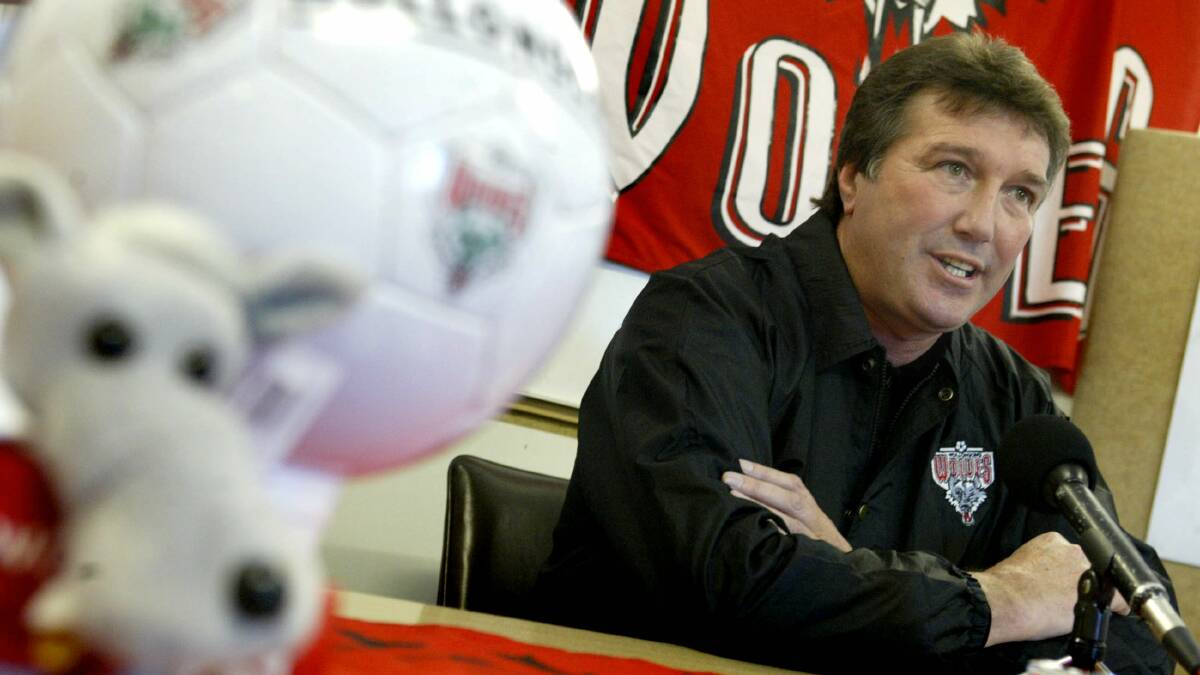
Alston said he was proud of the fact the 1974 Socceroos trailed a path for future generations to follow.
"We were the first to ever make the World Cup finals. In them days there was only 16 teams who qualified, not 32," he said.
"From the group that Australia play in now, four teams automatically qualify for the World Cup with one playoff against a South American team making it five who qualify.
"In our day it was one. You had to be top or you don't go.
"It was a very difficult qualification period. We played the champions of the Arab nations, the Asian nations and so on and so on.
"We had to be top of the group each time. It was a difficult time but absolutely awesome.
"My teammates are more than a part of me. It's like without them I didn't exist."
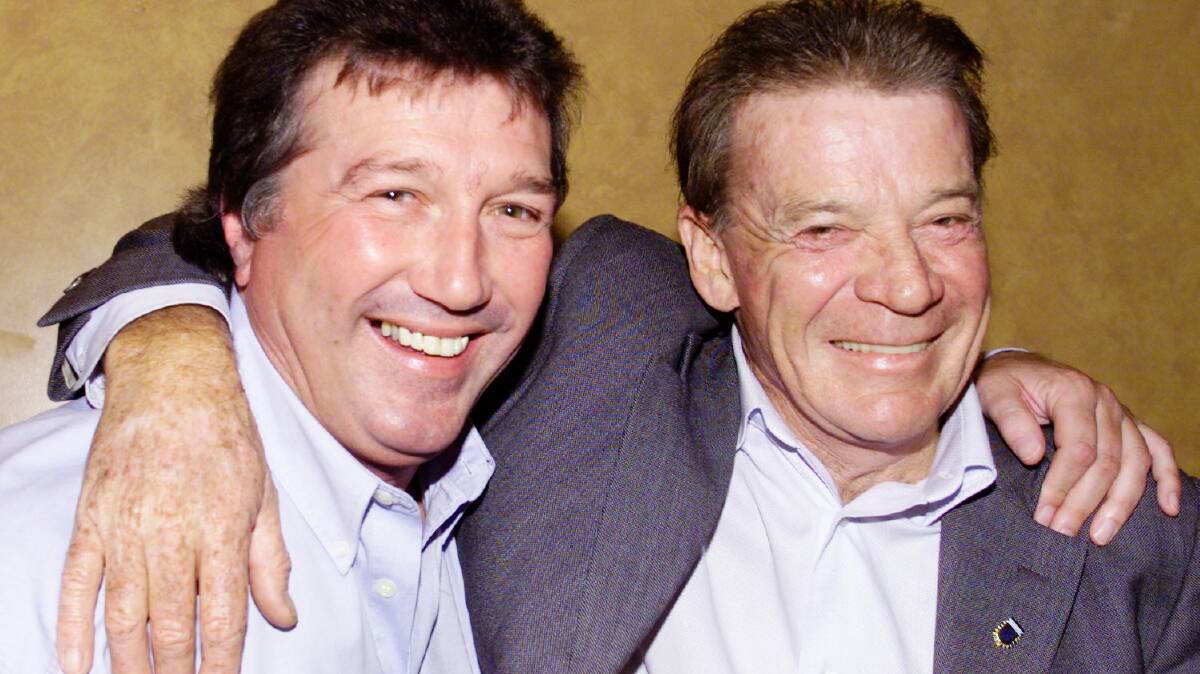
Micallef told the Mercury he believed the significance of Alston's and the Socceroos' exploits from half a century ago had been somewhat lost on modern fans.
"The feats of the '74 Socceroos should not be allowed to be forgotten," Micallef said.
"They form an integral part of our history and culture and Adrian played a big part in that success."
Noddy: The Untold Story of Adrian Alston will be launched on Thursday, November 9 at Gleebooks, 181 Glebe Point Road, Glebe at 6 for 6.30pm.
Separately, events are being held on November 13 to celebrate the 50th anniversary of the Socceroos qualifying for the 1974 World Cup.
Our news app has had a makeover, making it faster and giving you access to even more great content.
Download The Illawarra Mercury news app in the Apple Store and Google Play










